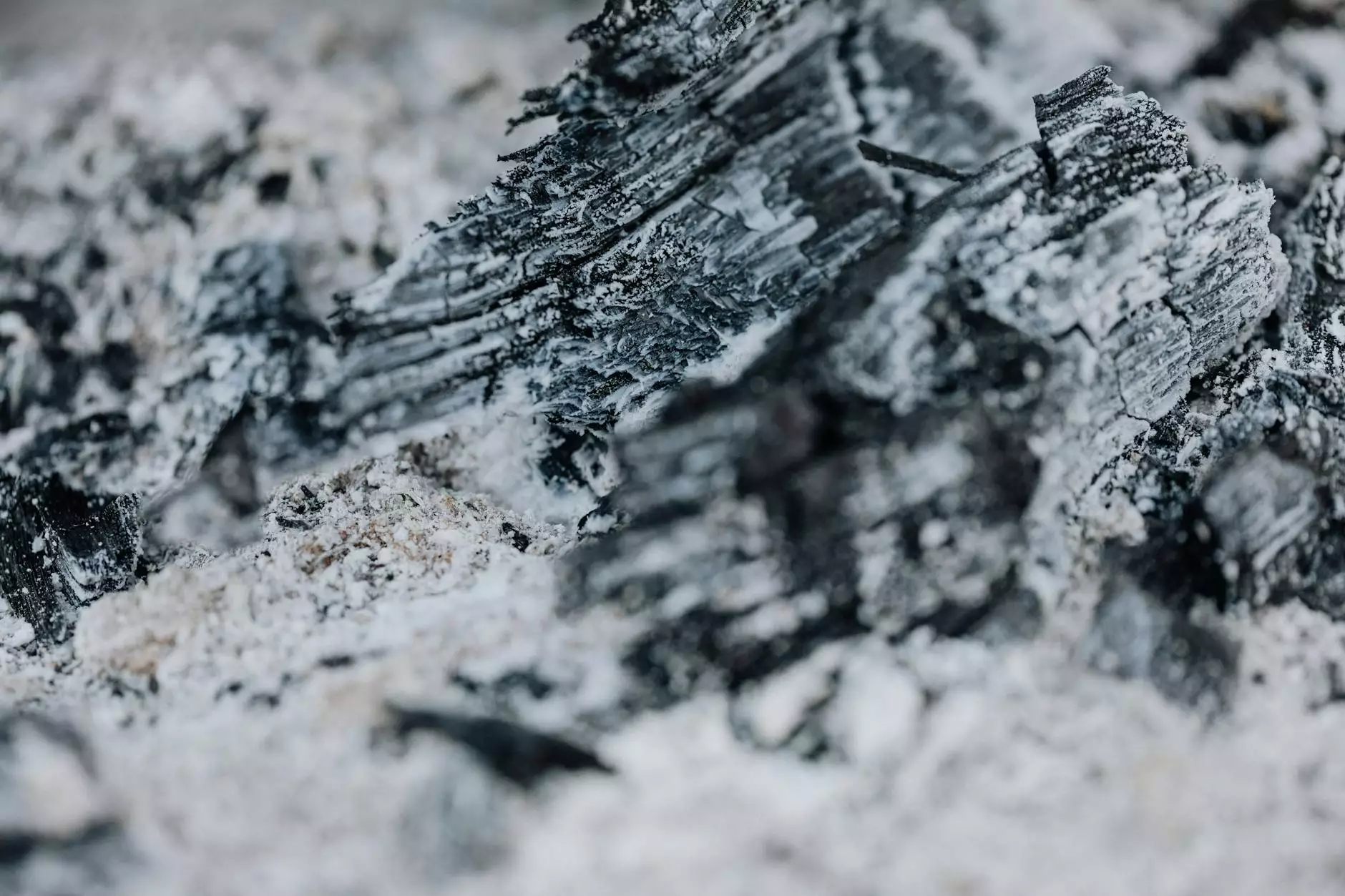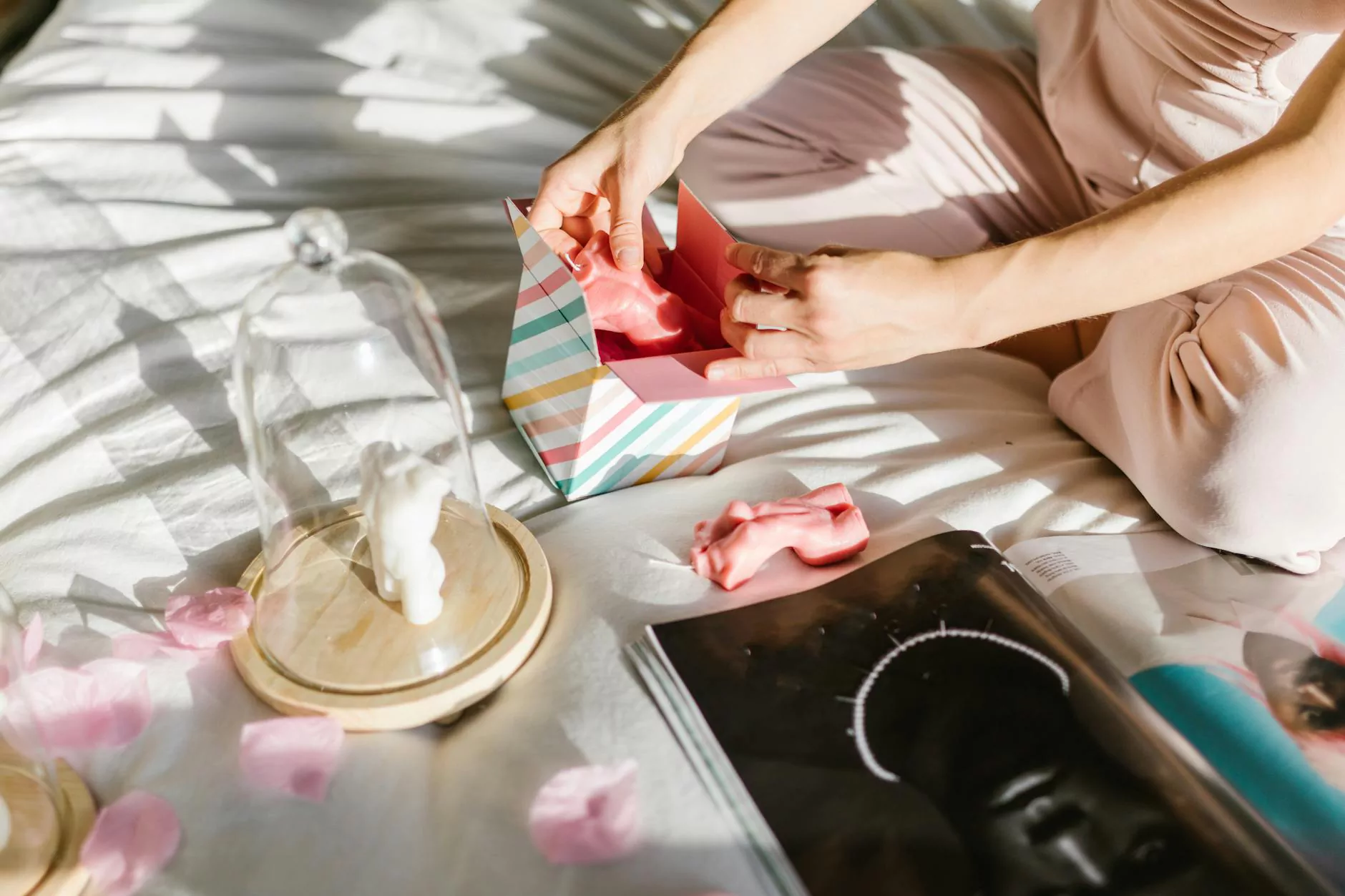Unlocking the Secrets of Champagne Success: A Complete Guide for Businesses, Gift Shops, and Champagne Bars

In the vibrant world of luxury beverages, champagne holds a special place as a symbol of celebration, sophistication, and exclusivity. For entrepreneurs venturing into this industry—whether through shopping platforms, gift shops, or champagne bars—understanding the intricacies of champagne, customer preferences, and serving guidelines is vital. This comprehensive guide dives deep into the profitable nuances of the champagne business, offering insights to enhance your offerings and maximize your customer satisfaction.
Why Champagne Business Is an Elegant and Profitable Venture
Champagne is more than just a bubbly drink; it is an experience that evokes emotion, celebration, and indulgence. As a business owner or hobbyist, cultivating a refined selection can set your establishment apart. The global demand for high-quality champagne continues to grow, driven by a rising number of aficionados and luxury consumers. Moreover, champagne’s association with luxury brands, special occasions, and gifting creates diverse revenue streams that can be highly lucrative.
Key Segments of the Champagne Industry: Shopping, Gift Shops, and Champagne Bars
1. Champagne Shopping Platforms
Online and brick-and-mortar shopping outlets specializing in champagne cater to discerning consumers seeking premium products. These platforms emphasize a curated selection of champagnes, from vintage labels to boutique brands, ensuring customers find personalized options for every occasion. Strategic marketing and a seamless e-commerce experience are essential to succeed in this segment.
2. Gift Shops Featuring Champagne
Gift shops that incorporate champagne as part of their high-end offerings attract customers looking for luxe presents. Packaging, informational brochures, and exquisite gift sets combining champagne alongside luxury accessories or chocolates create an enticing proposition. Promotions centered around holidays, anniversaries, and corporate gifting bolster sales and brand recognition.
3. Champagne Bars and Lounges
Establishing a champagne bar offers a unique social setting for clients seeking premium experiences. These venues focus on providing a curated list of champagnes, expert tastings, and luxurious ambiance. They serve as focal points for social events, celebrations, and corporate gatherings, ensuring a steady revenue flow and loyal customer base.
Understanding the Dynamics: How Many Glasses of Champagne in a Bottle?
A fundamental question often asked by both business owners and consumers is: how many glasses of champagne in a bottle? This seemingly simple query has significant implications for inventory management, pricing strategies, and customer experience optimization.
Precise Breakdown of Champagne Glass Quantities per Bottle
Typically, a standard champagne bottle contains 750 milliliters (ml). The number of glasses it yields depends on the serving size, which overall varies based on the occasion, venue, and glass type. The most common serving size for a standard champagne flute is about 150 ml, though this can be adjusted for smaller tasting pours or larger celebratory glasses.
Basic Calculation
- Standard champagne bottle volume: 750 ml
- Typical glass size: 150 ml
Dividing the total volume by the glass size gives:
750 ml ÷ 150 ml = 5 glassesAlternate Serving Sizes and Their Impact
- 120 ml glasses: About 6.25 glasses per bottle
- 125 ml glasses: About 6 glasses per bottle
- 200 ml glasses: About 3.75 glasses per bottle
Therefore, the common reference point used by professionals and customers is that there are roughly 5 glasses of champagne in a standard 750 ml bottle. For premium establishments, the glass size is often smaller to extend the experience and maximize profit, often around 125-130 ml per pour.
Strategies for Your Champagne Business: Enhancing Customer Satisfaction and Revenue
Offer Tasting Experiences
Organize guided tastings that educate customers about different types of champagne, increasing their appreciation and willingness to purchase premium bottles. Tasting flights allow patrons to sample multiple varieties, boosting sales and brand loyalty.
Create Luxurious Packaging and Gifting Options
Invest in elegant wrapping, personalized messages, and exclusive gift sets. Offering champagne + accessories bundles elevates the gifting experience and encourages higher purchase value.
Curate Exclusive Champagne Collections
Source rare vintages and limited-edition bottles. Such collections attract connoisseurs eager to showcase unique selections, boosting your reputation and sales margins.
Develop Expert Knowledge and Customer Service
Staff training on champagne types, serving techniques, and pairing suggestions enhances the customer experience. Knowledgeable personnel instill confidence, leading to increased sales and repeat business.
Marketing Tips to Outrank Competitors in the Champagne Sector
- Content Richness & SEO: Consistently publish detailed guides, such as "how many glasses of champagne in a bottle," aligning keywords naturally in your content.
- User Engagement: Utilize social media platforms with vibrant visuals and interactive content—champagne tasting videos, customer reviews, and behind-the-scenes shots.
- Partnerships & Collaborations: Partner with luxury brands, event organizers, and corporate clients to expand your audience.
- Exclusive Promotions: Offer limited-time discounts, bundled offers, and club memberships for loyal customers.
- Local SEO Optimization: Target local keywords and ensure your business appears prominently in map packs and local directories.
Conclusion: Elevate Your Business with Expertise and Excellence in Champagne
The success of your shopping platform, gift shop, or champagne bar hinges on your ability to deliver quality, knowledge, and unforgettable experiences. Understanding key details such as how many glasses of champagne in a bottle equips you to manage inventory efficiently and set appropriate prices. Coupled with a strategic approach to marketing, customer engagement, and exclusive offerings, your business can thrive in the competitive world of luxury beverages.
Remember, champagne is not just a drink but an emblem of celebration and exclusivity. By elevating your product knowledge and service quality, you position yourself as a leader in champagne retail and hospitality—driving growth, customer loyalty, and unmatched reputation.
Explore our website for more insights, curated champagne collections, and expert advice to help you succeed in this sparkling industry!









